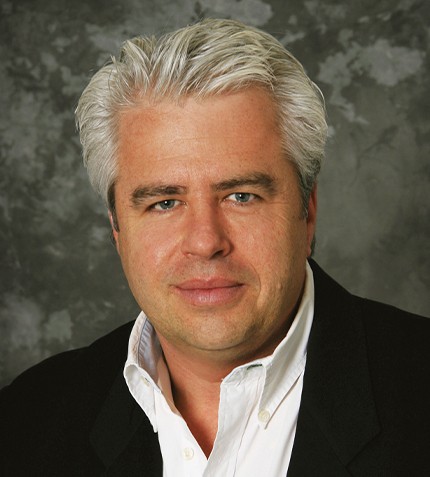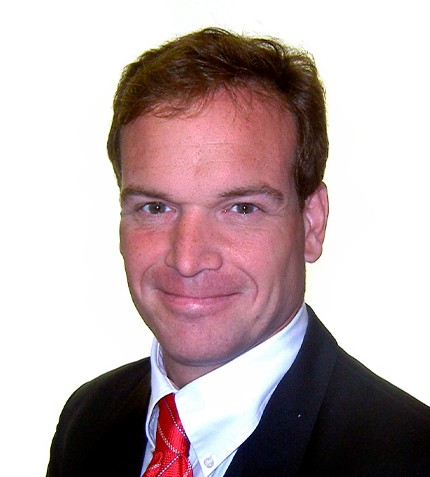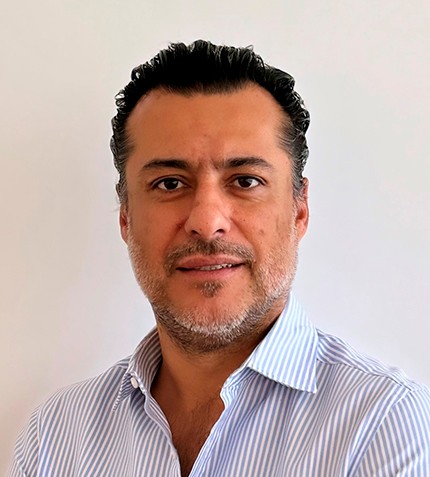
"Expect more acquisitions, partnerships and investments in the Canadian business in the coming years."
Jean-Guy Coulombe
VICE PRESIDENT - NORTH AMERICA, NORMET CANADA
Can you provide an overview of the developments at Normet Canada in 2023?
Normet Group has been actively present in the Canadian market for about 12 years, and has been selling primarily through its direct sales channel. Recently, the group decided to accelerate success by investing in physical infrastructure, expanding facilities in Sudbury, and establishing new facilities in Québec. We are also strengthening our human resources, particularly in service, aftermarket, sales, and product support throughout Canada, with a specific focus on Québec as a key area for growth.
In addition to these strategic initiatives, Normet has introduced new products, with one standout being the upcoming ‘XS’ personnel carrier, designed for enhanced operating ergonomics.
Normet's acquisitions, including the notable addition of XRock, are integral to our growth strategy. Originally conceived as a pedestal boom, XRock has evolved into our own rock breakers. Coupled with this development, we will soon be introducing a rock breaker line, expanding our reach into both the underground and surface mining and construction markets. Our emphasis on technology has resulted in numerous acquisitions and equity partnerships with tech companies worldwide. This has strengthened and enhanced Normet's technology platform, aligning us with industry giants such as Epiroc and Sandvik.
Is there sustained interest in Battery Electric Vehicles (BEVs) for local mining, and how has the adoption of BEVs evolved in 2023?
There has been a discernible shift in the industry's stance toward BEVs. The market, particularly end-users, has taken a momentary step back, reflecting a more measured approach. BEVs, positioned within the broader technology sphere, are experiencing a phase where early adopters are recalibrating their expectations. This technology is still in its nascent stages.
Normet, in introducing its BEV line in late 2021, witnessed initial success. However, the prevailing industry landscape presents challenges such as inflation, heightened interest rates, and fluctuations in commodity prices. These factors have collectively contributed to an industry-wide pause, with stakeholders taking a more cautious stance and subjecting BEV technology to rigorous evaluation.
It is worth noting that this momentary restraint is not indicative of a lack of interest in BEVs. On the contrary, the industry remains committed to the integration of BEVs, albeit after a comprehensive review.
The ongoing evolution of battery chemistry adds another layer of complexity to the decision-making process. The rapid pace of change in this domain makes it challenging for end-users to predict the trajectory of BEV technology accurately.
Despite the temporary slowdown, BEVs are unequivocally recognized as a transformative technology in the mining sector. The benefits encompass aspects such as operating costs, productivity enhancements, safety improvements, and ergonomic advantages. Normet understands that BEVs, like any groundbreaking technology, will continue to undergo refinement and evolution over time.
Where are Normet’s R&D efforts currently focused in the BEV space?
Our primary focus lies in advancing battery chemistry, particularly exploring solid-state batteries for their increased efficiency and stability. Addressing concerns about battery stability, especially in underground environments where overheating is a potential issue, is crucial. We are actively gathering data from our fleet and competitors' units to support the value proposition for BEVs. While BEVs remain more capital-intensive than diesel equivalents, we anticipate a future mix of fleets. Additionally, alternative technologies like hydrogen power are under consideration, with some large OEMs worldwide working on hydrogen technologies.
Have you faced supply chain challenges?
Yes, we have experienced ongoing supply chain issues, particularly in trans-ocean transportation. Logistics problems persist, likely stemming from the aftermath of COVID. While the situation is gradually improving, it will take time to fully recover. Positive signals from vendors, sub-suppliers, logistics, and freight companies indicate a return to normalcy, albeit uncertain. The industry still grapples with the lingering impact, notably inflationary trends, leading to projects exceeding budgets.
What is Normet's growth strategy?
Our plan is to sustain growth by investing in the business, continuing to make strategic acquisitions, and prioritizing human resources. Safety and ESG considerations are top priorities at Normet, and I commend the company for its commitment to environmental and safety standards. Our approach to growth is methodical, emphasizing respect for employees, their well-being, and all stakeholders. Expect more acquisitions, partnerships, and investments in the Canadian business in the coming years.










